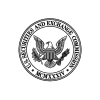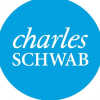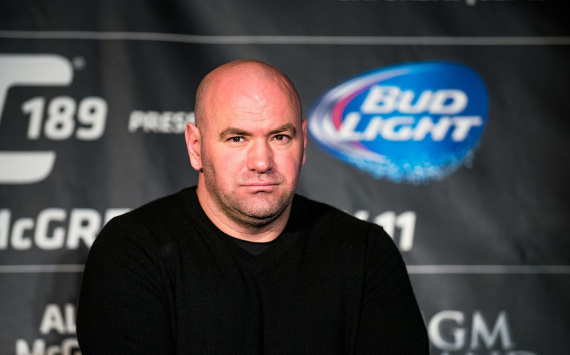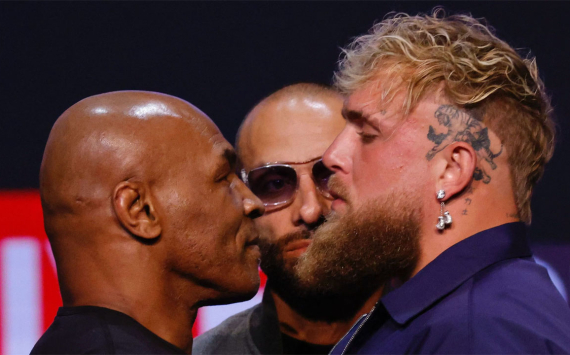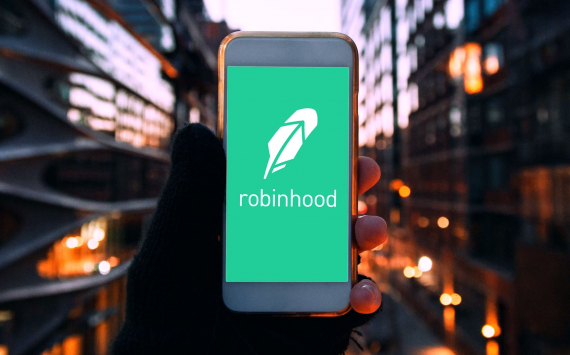
All about Robinhood shares
The Congress Finance Committee has shelved plans to ban Robinhood's earnings model, which has positively impacted shares. However, the risks of the ban have not been completely removed. Robinhood shares could also be affected by an upcoming quarterly report.
Robinhood (HOOD) went public on July 29, and while its IPO has been one of the most talked about this year, the first day of trading was a bust, with Robinhood shares falling more than 8%.
Some Wall Street pundits attributed this to investor distrust, particularly of institutional investors, as the legality of Robinhood's core earnings model is being reviewed by the Securities and Exchange Commission and the House Financial Services Committee.
Gary Gensler, chairman of the Securities and Exchange Commission (SEC), believes that PFOF can lead to abuses and that the trading execution mechanism does not provide investors with the best price execution.
Brokers and dealers can gain an information advantage in trading by knowing where the flow of trade orders from retail investors is going. For these reasons, PFOF is currently banned in the UK and Canada. Gensler said the SEC would investigate whether similar bans could apply to US markets.
Robinhood and other online brokers such as Charles Schwab and ETrade have defended the practice, pointing out that it allows investors to save on fees.
On 30 July, a law was passed that said PFOF practices could be banned or restricted if the SEC deemed such a rule necessary in the public interest to protect investors.
The House Financial Services Committee, chaired by chairman Maxine Waters, also introduced an investigation into PFOF practices.
According to FOX Business, there was a vote in that committee, which resulted in a majority, led by Democrats, voting to repeal legislative measures to ban the practice known as "pay-for-order flow".
On the back of this news, Robinhood shares rose 5% on Friday.




